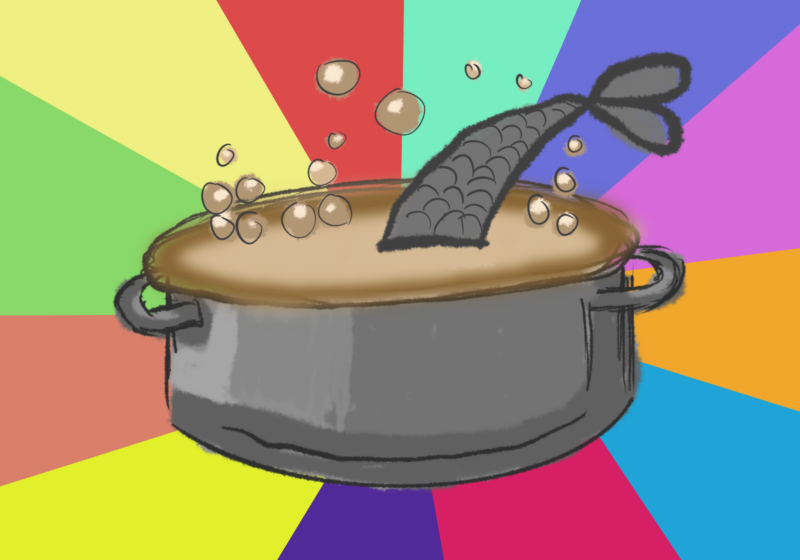UR’s Medical Center recently began a study to investigate gene therapy as a possible treatment for Parkinson’s disease. This program, conceived by Professor of Neurology Howard Federoff, is the first to attempt to address neurological diseases like Parkinson’s through gene therapy.
This program will not only include UR’s Center for Aging and Developmental Biology, but it will also bring together researchers from all over the country. This ambitious venture, called the Parkinson’s Disease Gene Therapy Study Group, has already received an $8.8 million grant from the National Institute of Neurological Diseases and Strokes.
Federoff is the director for the Center for Aging and Developmental Biology at the Medical Center. This project is not his first project in this field.
Five years ago, he received a $1.4 million grant from the National Institute of Health to continue research into a technology that lets scientists manipulate genes in the nervous system of adult mice. This research will be a necessary part of the new program.
“What we’re doing is getting together a group of diverse researchers who years ago were competitors, but now will be sharing intelligence and other resources toward our goal,” Federoff said. Researchers from UR, Northwestern University, Rush-Presbyterian Medical Center in Chicago, Yale University and three different University of California campuses will make up the PDGTSG.
“We’re working in a number of areas, and it has all proceeded very well so far,” Federoff said. Parkinson’s research is the main objective of this program, but Federoff and others hope that its results will not be limited to just one disease.
“We hope that our work will be applied to a variety of other neurological diseases such as Alzheimer’s, Huntington’s and Lou Gehrig’s disease, and possibly even cancer,” Federoff said.
Dr. William Bowers is one of the researchers working with Federoff on the project. His role so far has been the principal investigator on uses for the herpes simplex virus, the virus responsible for cold sores.
The virus normally exists outside the chromosome, but if that could be changed Bowers hopes that the virus could be used to deliver certain genes to the diseased brain cells. “If we can make it integration-competent, it might be the vehicle to modify the cells,” Bowers said.
Neurological diseases such as these, which destroy neurons, are so feared because even though they are rarely fatal, there is no known treatment or cure. Neurons, also called nerve cells, are the cells that make up the brain, spinal column and nerves. There is no way to replace nerve cells once they have died.
Levesque can be reached at clevesque@campustimes.org.




